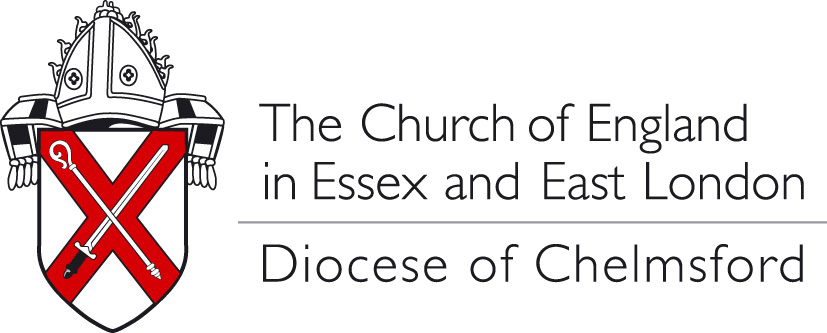After Easter, we spent a week in Snowdonia doing some walking. Whilst we were there, we saw manynew-born lambs and spring flowers in bloom. It was lovely to see new life and the hope that it brings at a time when there is so much despair in the world. But, as I reflected, I was reminded that hope is not just something that we feel inside, it is something that we are called to work for on behalf of others.
As Christians, we are commissioned to care for our brothers and sisters both locally and globally and it can be hard to know how to do this. Recently the Archbishop of Canterbury challenged and raised ethical concerns about the Home Secretary’s decision to send asylum seekers to Rwanda. Our Diocesan Bishop, herself an asylum seeker, has also supported the Archbishop’s comments and sent the following letter to the Home Secretary:
| Dear Home Secretary In this Easter season I am writing to you, both as Home Secretary and as one of the MPs in the Diocese of Chelmsford which I serve, regarding your latest proposals to process asylum cases in Rwanda. You will be aware of the very serious reservations expressed by the Archbishop of Canterbury in his Easter sermon. I stand full square behind his comments, and my own lived experience as an asylum seeker makes me extremely anxious about this scheme and its implications. This policy treats the most vulnerable in our midst in a cruel and inhumane way and it is for this reason that I am compelled to appeal to you, even at this late stage, to listen to the voices that are being raised from a cross section of public opinion. Those who find their way to this country, often through treacherous means, deserve to have their cases considered and processed here. To do otherwise is, as the Archbishop says, “sub-contracting out our responsibilities … the opposite of the nature of God, who himself took responsibility for our failures”. In your Times article of the 18th April you suggest that “those institutions that criticise the plans fail to offer their own solutions”. This is to misunderstand the important role of the Church of England, particularly through the national leadership of the Archbishop of Canterbury and the parliamentary responsibilities of the Lords Spiritual. We are not tasked with providing worked out political solutions – that is the job of Government and politicians. But it is our responsibility to point out where there are serious ethical and moral implications arising from Government proposals. I would also want to say that it is disingenuous of your Cabinet colleague, Mr Rees-Mogg, to suggest that the Archbishop “misunderstands what the policy is trying to achieve”. Thoughtful criticism should not be dismissed in this off hand manner. Finally, I want to thank you for your recent tweet with its traditional Easter Greeting. The Christian message of new life in all its fullness which we celebrate at Easter cannot be separated from the reality of lived experience and is exemplified in the way we treat the most vulnerable in our society. In the words of Jesus himself, “whatever you did for one of the least of these brothers and sisters of mine, you did for me.” Yours sincerely, Guli Francis-Dehqani Bishop of Chelmsford, Member of the Lords Spiritual |
I, personally, support the views of both Archbishop Justin and Bishop Guli. Whilst not advocating promoting party politics from the pulpit I do believe that, as Christians, we are called to speak up for injustices as we believe Christ would have done. And, sometimes, this includes challenging political decisions which we believe, after prayerful consideration, to be inappropriate.
Bishop Guli recently came to speak at our Deanery Synod meeting and told something of her own story. This story is recorded in her book, ‘Cries for a Lost Homeland: Reflections on Jesus’ sayings from the Cross’ which you may be interested to read.
Take care and God bless,
Sue

